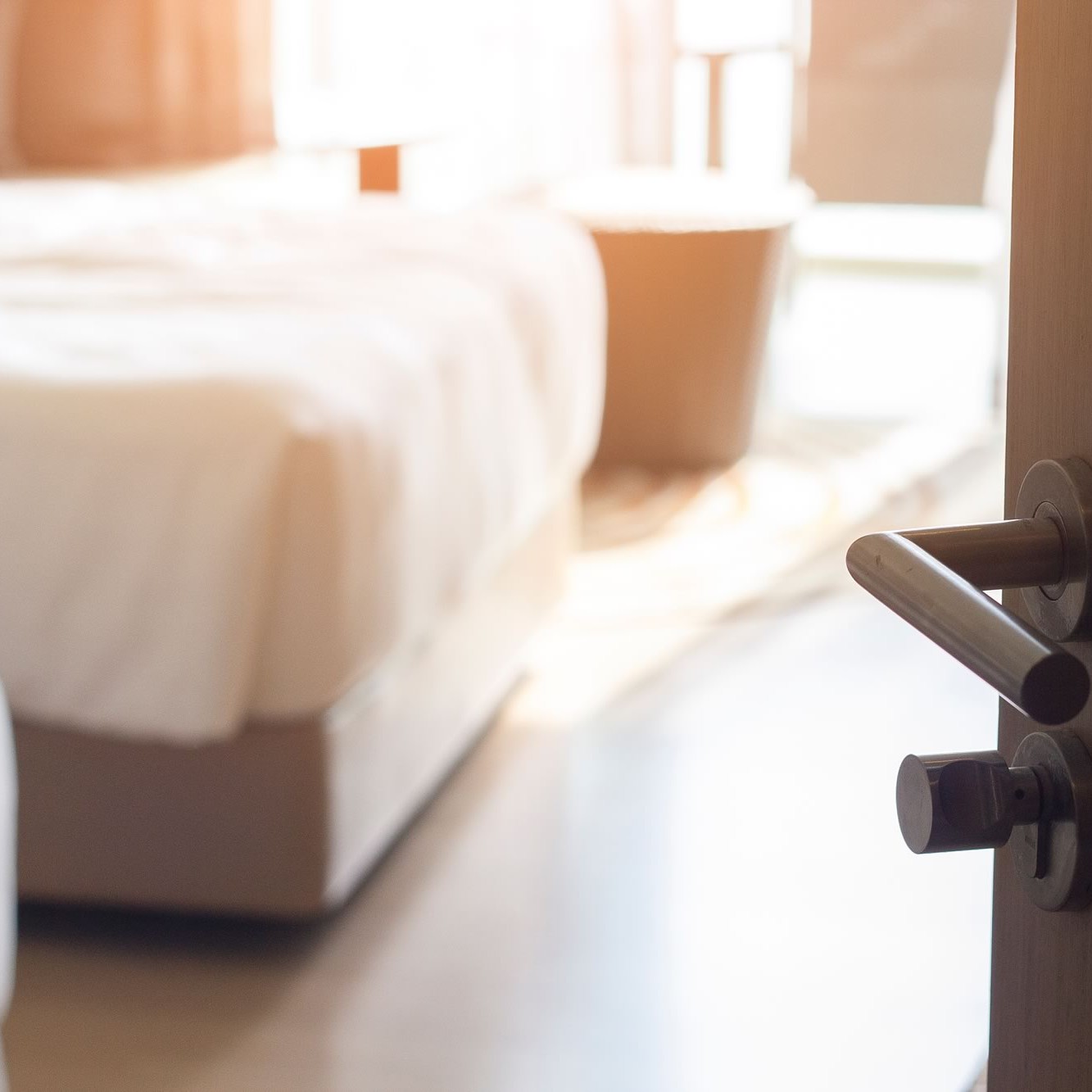Who doesn’t like to travel? Most people do, right?
Of course there are some who would rather skip the airport lines, highway traffic and high gas prices, but for the most part people like to see new places, people and things as much as they can, especially during the summer months.
But a lot of people are concerned about their allergies flaring up when they travel. So much so that some folks won’t even go to certain places because those places are known to make eyes water, noses sneeze and worse.
Allergic nation
According to a study released by Sylvane, a company that sells air treatment products, and AllerPassMD, which provides travelers with listings of hypoallergenic hotel rooms, one in five Americans lives with an allergy — and that includes people living with allergic asthma.
In addition, 17.9 million adults and 7.1 million children have hay fever and 8.6 million children have respiratory allergies. Overall, between 12 and 14 million people in the United States live with allergic asthma, researchers say.
And when you combine those numbers with the number of people vacationing this summer season, there are sure to be a lot of unhappy travelers.
On the move
According to the study, 57% of travelers will hit the beach this summer and 39% will be traveling to a major city. Additionally, 23% will visit amusement parks, 21% will take a cultural trip and 17% will go on a camping trip.
But be choosey on where you travel within the U.S., because some states have a higher pollen count than others, experts say.
Based on findings, St. Louis, Mo. has the highest pollen count. It’s followed by College Station, Texas, Cherry Hill, N.J., Rochester, N.Y., Kansas City, Mo., Dallas, Texas, Tulsa, Okla., Lafayette, La., and Indianapolis, Ind.
Where you stay
However, it’s not just certain states people with allergies should be mindful of. The hotel counts too.
Researchers say that after two years, 10% of a pillow’s weight can be made up of dead dust mites and dust mite droppings, so you may want to ask the hotel how often it changes the bed and couch pillows.
And a mattress that’s even just a little bit used can contain somewhere between 100,000 to 10 million mites inside, say researchers.
Brian Brault, CEO of Pure Solutions in New York, who wasn’t involved in the study, says it’s hard for people with allergies to be totally comfortable when they travel.
“When you travel, you don’t know what you’re walking into. You don’t know the environment and you can’t tweak it to make yourself comfortable like you can at home,” said Brault in a published interview. “Any new living space will create problems for people with allergies.”
Choosing wisely
Of course there are some travelers who will pay more money to stay in a hypoallergenic room, but Dr. Paul Williams, an allergy specialist at NorthWest Allergy & Asthma Center in Washington State, says getting such rooms isn’t worth the money
“There really isn’t any scientific evidence to support some of those [hypoallergenic rooms],” said Williams an interview with USA Today. “People are paying money they don’t need to pay, but it’s their choice.”
There are many people who would probably disagree with Williams. In fact, creating hypoallergenic rooms has become big business in the hotel industry and experts say it’ll become even bigger business in the future.
Based on the survey’s findings, Denver is No. 1 when it comes to having the most allergy-friendly hotels. Denver is also a refuge for allergy sufferers, Its high, dry climate is remarkably friendly to those who find nearly everyplace else unbearable.
Washington state came in second, Tampa third and the cities that rounded out the top 15 were Albuquerque, Dallas, Atlanta, Boston, Chicago, Los Angeles, Houston, Phoenix, San Diego, New York, Miami and San Francisco.
Looking out for you
When it comes to which hotel chains do the most for people with allergies, Hyatt came in first, Westin second and Residence Inn came in third.
In addition, Four Seasons came in fourth and Doubletree, Marriott, Hilton, Embassy Suites, Wyndham and Courtyard by Marriott closed out the top ten.
What are some of these chains doing to make hotel rooms more comfortable for people with allergies?
It varies, but Bjorn Hanson, divisional dean at the Tisch Center for Hospitality, says creating allergy friendly rooms are pretty much the hotel standard these days. And these rooms aren’t just for people with allergies, they’re for all customers.
“There are many people who request special rooms, not because they have allergies but because they believe those rooms will have a higher degree of sanitation and cleanliness,” said Hanson in a published interview. “It’s a way for hotels to invest a little bit more for a room but get a premium for both occupancy and rate.”
###
By Daryl Nelson
July 10, 2013
consumeraffairs.com
You may also be interested in . . .
Summer Allergy Travel Tips
School is out, summer is in full swing, and it is prime time for summer vacations and traveling. Summer travel with environmental allergies, asthma, or…
‘Allergy-Friendly’ Airline Is Now A Thing Thanks To Swiss International Air Lines
Swiss International Air Lines is taking one step toward a more allergy-friendly travel experience, and they mean business. The airline is the first of its…
5 Surprising Ways Hotels Can Make You Sick
When traveling, your hotel is your home away from home. But you and your family may have unwanted company -- your hotel room could be a haven for germs,…


